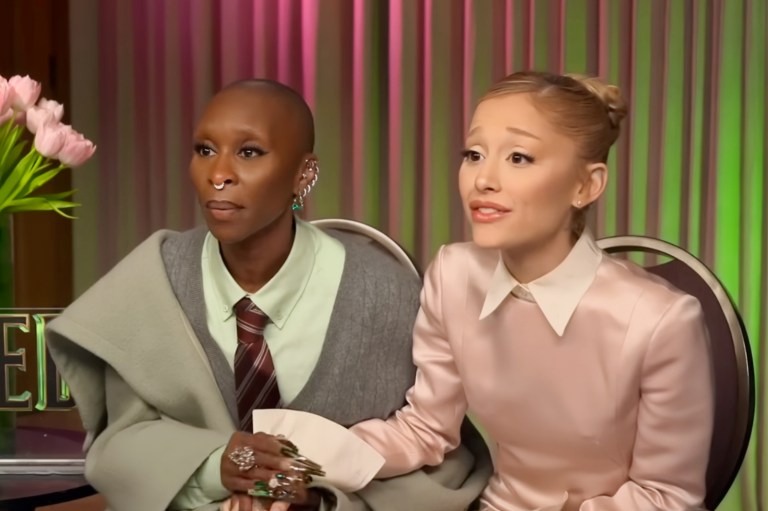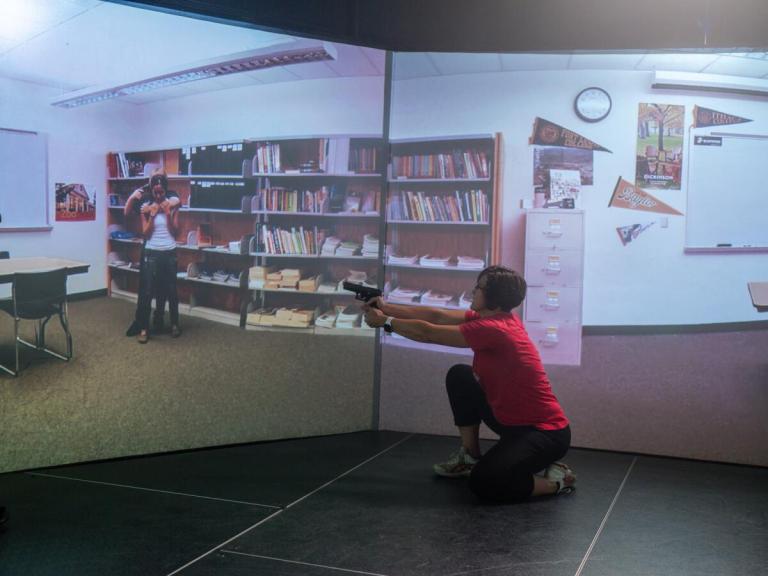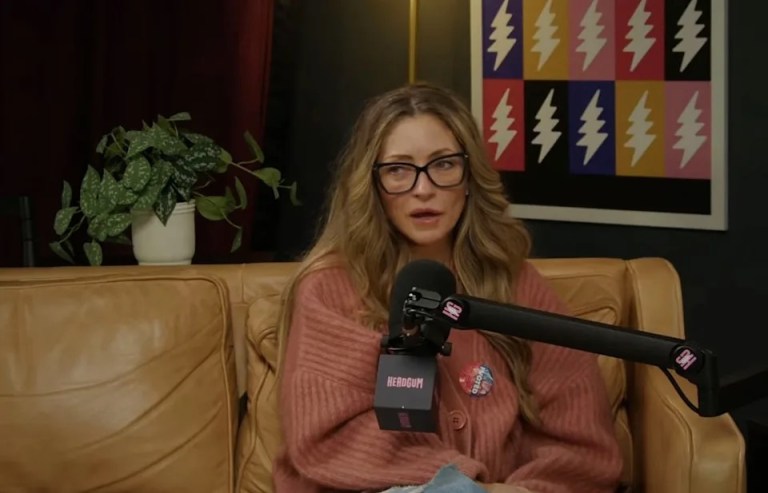
6 Important Things That Spontaneous People Already Know
Once you remember how to listen to your gut, it seems unfathomable not to. The risks may be high, but the reward will almost certainly be higher.
By ![]() Jordan Lee
Jordan Lee
So many people talk about feeling ‘stuck.’ Maybe it’s the desire to live up to the expectations we’ve created for ourselves, or simply a fear of change, but this sense of obligation seems such a pervasive issue in our society. The first time I admitted to myself how ‘stuck’ I was, I’d been waitressing at a corporate, chain restaurant where I felt no sense of personal attachment. Every day was the same: punch in, punch out. Set up your section, wipe down your section. Get a small rush at a big tip, then put that straight into overpriced rent. I’d been there for a long time – far longer than I’d anticipated – and saw no end in sight. Eventually, I started stashing my tips away into a savings account, but for what, I didn’t even know.
To this day, I have no idea what finally tipped me over the edge. Nothing particularly bad had happened – it was almost as if this timer had been ticking away inside me and at some point, an alarm went off that told me I needed a radical change. And there I was, buying a one-way ticket to Madrid, telling my manager I was leaving, writing a note to my landlord to break my lease.
The crazy thing is, once I started testing the waters of spontaneity, I couldn’t stop. It was like a game of “Truth or Dare” I was playing with myself: Truth: Are you happy? Dare: Then leave, now.
After six months of backpacking, I could hardly believe how different my life – and more importantly, my outlook on life – had become. This is what I learned happens when you indulge spontaneity on a drastically large scale:
You feel terrified. The first rash decision is a massive shock to the system – it makes you feel unpredictable, untrustworthy, unhinged.
You realize how hard it is to actually do what you want. There’s an expression – freedom has a funny way of making us feel contained. After a lifetime of making cautious decisions, it’s – perhaps unsurprisingly – very difficult to change. You actually have to remember how to do what you want, not just what makes sense on some mental Excel sheet or pro/con list. And, in my experience, that proved very difficult to do. I felt wildly disoriented, like I had no idea where to begin. Then, at some point, I made one decision, then another. Stay in this hostel. Eat at that café. Talk to that nice-looking guy in the lobby. Ask that girl in your tour group to lunch. The more I did it, the better I got at recognizing my own desires and needs.
You learn how little you need. Having left home with nothing but a backpack, I realized how liberating it is to travel light – to walk around without the literal weight of a laptop, or the psychological weight of being 24/7 connected with everyone you know. To leave the hairdryer, the umbrella, the tubes of makeup, and the 6 pairs of shoes. So much of our caution stems from the belief that we need all of these things just to do anything. And yet, without them, we can do more.
You learn to swallow your pride (and the value of other people). Plans allow us to be staunchly independent, and thus, to maintain our pride. With everything in order, we never risk looking silly, or lonely, or having to ask for help. But getting lost just forced me to talk to locals, and traveling alone allowed me to make new friends.
You wonder why you ever lived any other way. Once you remember how to listen to your gut, it seems unfathomable not to. The risks may be high, but the reward will almost certainly be higher. For me, that was was waking up in new cities, dancing with strangers, jumping on trains, seeing things that I’d read about my whole life, but never seen with my own eyes. It was exploring million-year-old caves, and then the next day parasailing miles above the world. Seeing the castle that inspired Disneyland, and then seeing Disneyland itself. This may have been somewhat expensive, but it was not more than buying a car or paying for rent in a major city. I found other ways to scrimp – by staying in cheap hostels, even volunteering in exchange for a room. It altered the very way I experienced the world. I felt that, on some level, I’d triumphed over the cynic within me – shocking her into silence with the fantastic reality that unfurled around me every day.
You were always free, you just didn’t realize it. Back at the restaurant, the managers used to always say something to us – “when you sell a product, you give guests the permission to get what they want.” And I’ll always remember this, but not in regards to up-selling steaks. Instead, I remember it for myself. Because at the end of my travels, the most startling realization was not that I was a waitress who happened upon a better life. Rather, it was that my freedom had always been there, waiting – I’d just had to give myself permission to take it. ![]()











